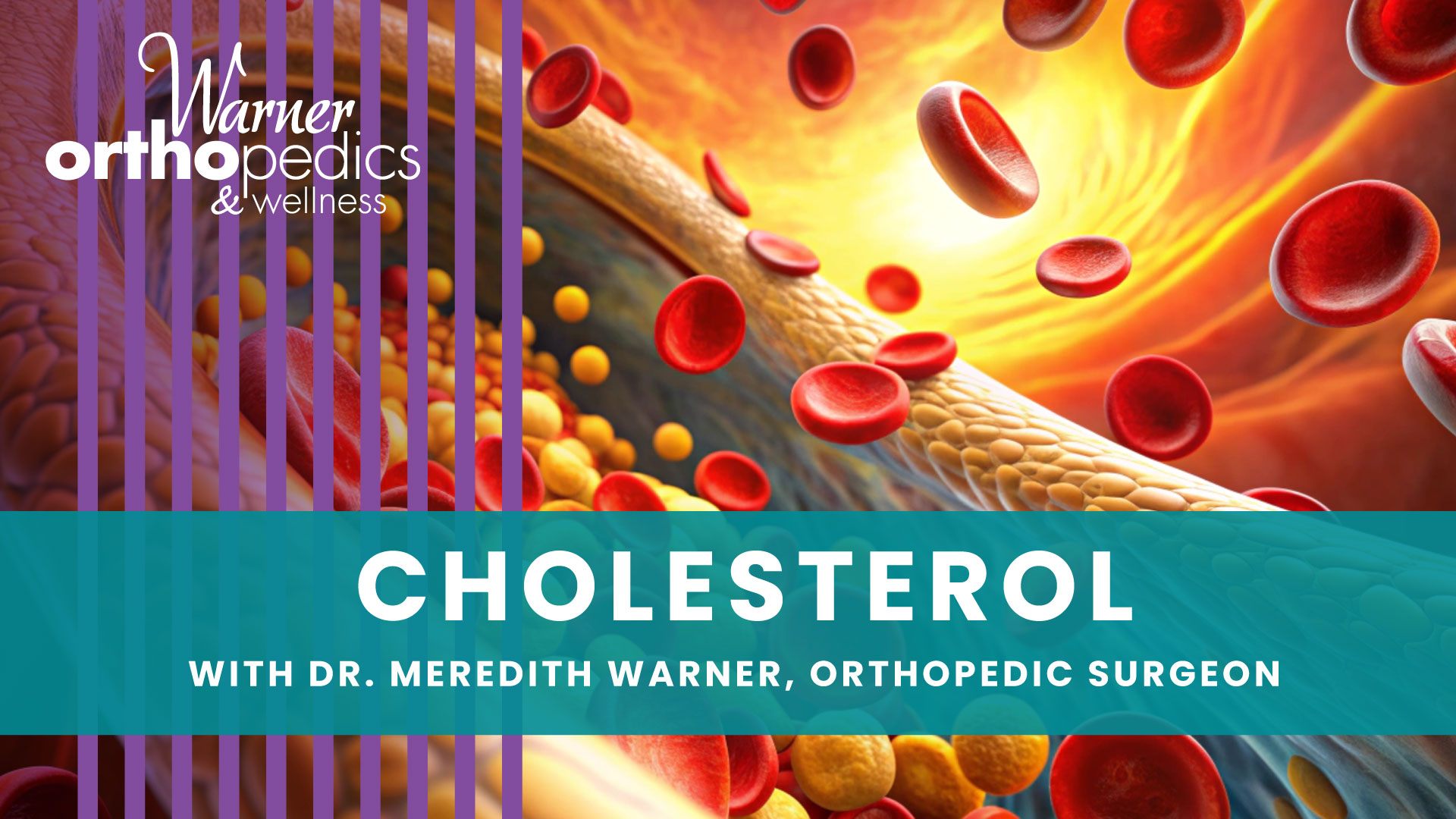Medical Marijuana And The Endocannabinoid System

Medical marijuana has many uses, and its benefits include decreased pain, improved mood, and more. Its health benefits and seeming lack of side effects are why Dr. Meredith Warner became certified to recommend medical marijuana to patients in Louisiana.
Learn More: [WEBINAR]: Natural Pain Relief With Medical Marijuana
But how does medical cannabis work? Today, we’re going to talk about the basics of the endocannabinoid system and how medical cannabis interacts with it to exert its benefits:
What Is The Endocannabinoid System?
Your body achieves and maintains homeostasis by employing the Endocannabinoid System, or ECS. The ECS is a network of signaling molecules called endocannabinoids, and receptors for these that are located everywhere throughout the body – in the brain, heart, liver and in your bones, skin, and even digestive tract.
In fact, there are more of the ECS-type receptors in the human body than any other type. Why haven’t you heard of this system before now? Well, because your physicians probably don’t know about it or understand it. After all, only about 13% of medical schools even mention it in the curriculum.
Your body naturally produces chemicals called endocannabinoids to affect these ECS receptors and to send signals to the body as they are needed. These receptors regulate things like hunger, mood, inflammation, and more. This is the “eat, sleep, relax and forget” system of the body.
You can trigger your body to produce more or less endocannabinoids with things such as exercise, diet, medication, supplements, and more. This is true for many hormones and signaling molecules; you are what you eat and what you do.
Essentially, every function of your body is influenced by endocannabinoid receptors. Medical cannabis is filled with phytocannabinoids that are able to attach to the human receptor and cause actions. These ‘phyto’ cannabinoids that attach to the ‘endo’ cannabinoid system include molecules such as THC, CBD, CBG, CBM and more.
Because of the interchangeability, plant-based therapeutics can influence these natural human receptors. The phytocannabinoids are molecularly similar to the endocannabinoids your body produces naturally.
How Medical Cannabis Interacts With The ECS
If, for example, you begin to experience constant anxiety, your body may attempt to restore homeostasis (balance) by reducing the activity of specific receptors in the brain; therefore there is a reduced sensation of stress.
In the long term, this makes it difficult for your body to maintain balance in the future, as it may err in the opposite direction. Sometimes the human body overshoots.
The compounds in medical marijuana can influence the stress response by binding to or influencing the endocannabinoid receptors – this can influence how other cannabinoids bind and exert influence, which will help your body not become overstimulated.
Likewise, if you lack enough endocannabinoids, the addition of a phytocannabinoid will allow normal function of the same receptors. Many people actually do suffer from what is called ‘endocannabinoid deficiency syndrome’. A common ailment in this group is fibromyalgia.
Most often, medical cannabis is found to interact with the body’s inflammatory response, helping to calm inflammation and reduce pain. It also engages the receptors in your body responsible for producing a stress response – helping to promote relaxation and calm.
Schedule Your Consultation Today!
If you are suffering from anxiety, chronic pain, or any other debilitating condition, you may be a great candidate for medical cannabis. Click below to schedule your consultation with Dr. Meredith Warner to determine if medical marijuana is right for you!





